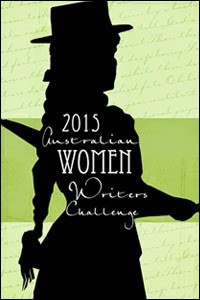Peter Hartcher, the SMH’s international editor (by which I assume they mean editor of international news) is a pretty good columnist. His articles tend to be interesting and thought-provoking. They are about politics, international politics and economics.
So when I saw the headline “Attractive French model bears close watching” on Hartcher’s column today, I assumed that this was a sub-editor’s attempt to get more readers to read Hartcher’s column, and that it was about the French economic model.
I considered not clicking through, in a tiny protest at the headline, but Hartcher’s columns are interesting enough – and I learn enough from them – that I figured I could overlook it this time.
However, here is how Hartcher’s column begins:
(more…)



